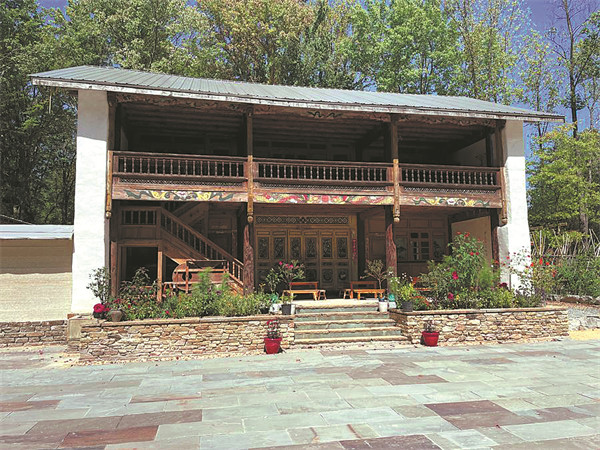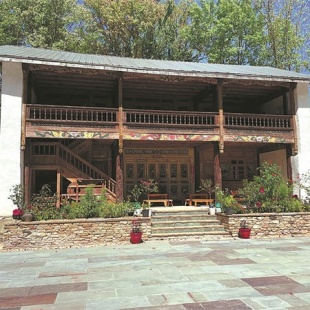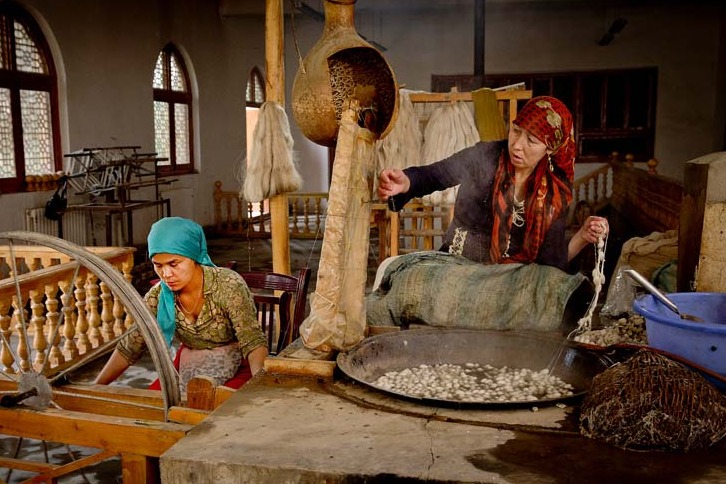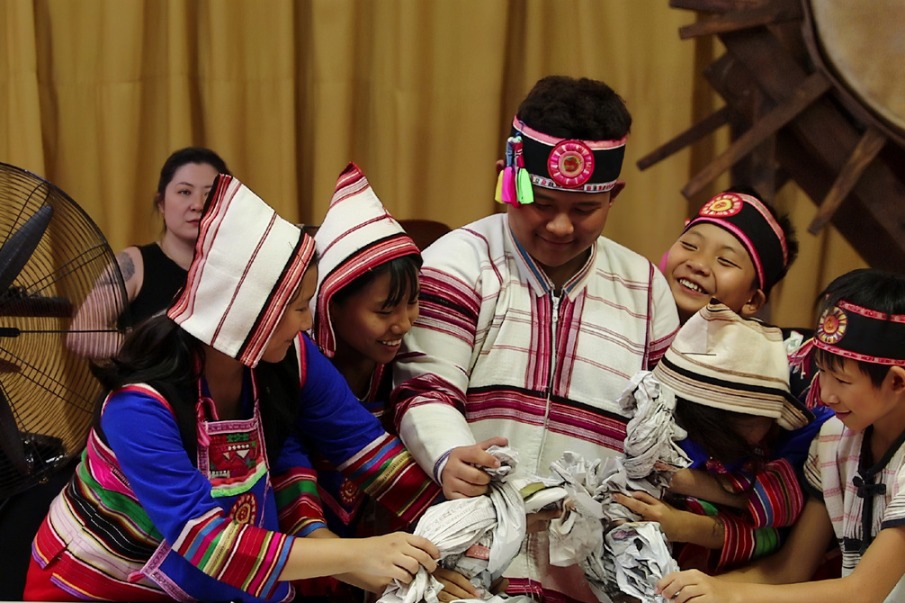Rural farmhouse strikes enduring friendship across the Pacific Ocean


"The old house carries our memories," he says with a grin. "But I'm very happy it is now well-cherished on the other side of the Pacific."
Former village head Urgyen Tsering recalls issuing the official certificate authorizing the house's dismantling. "No one imagined Americans would one day come to see it," he says. "Even less did we expect the house to become a bridge for people-to-people exchange between China and the US."
Flower's ties with China date back to the late 1970s when, as a philosophy student, he first encountered the Chinese language through The Analects of Confucius. The normalization of China-US relations at the time opened doors for cultural exchange. In 1991, he made his first trip to China.
He later spent several years in rural Sichuan province with his wife, deepening his understanding of Chinese culture and developing a lasting interest in village life. In the past decade, he has led his students on experiential learning trips to rural Yunnan.
Many students in Flower's group are part of a large-scale China-US youth exchange program aimed at fostering mutual understanding through cultural, educational, and travel experiences.
China announced a plan to invite 50,000 American youth to visit and study in China in the next five years, hoping that through firsthand experience, they can discover the real China while contributing to China-US friendship.
As Flower strolled through the village, he admired the cement roads that had replaced muddy tracks. Guesthouses and local wine businesses had sprung up, yet the buildings still reflected a harmonious blend of Han, Tibetan, Bai, and Naxi styles, now equipped with modern comforts.
"Just like the people here, different ethnic groups live together peacefully," Flower says.
Before leaving, he invited Zhang and his wife to West Virginia to see his old home. Zhang smiled and nodded, like he did eight years ago when he went along with that "wild" idea.





































